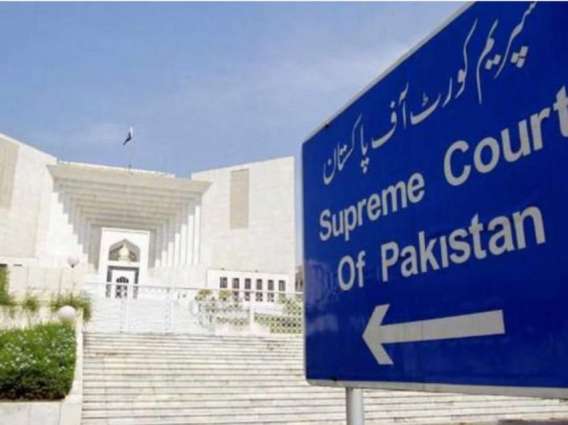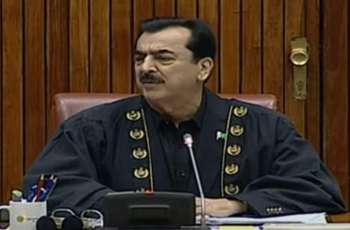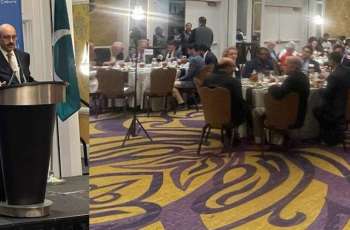Former Prime Minister Khan in his review petition has submitted that Article 248 of the Constitution bared any other institution from interfering in the affairs of the Parliament.
ISLAMABAD: (UrduPoint/Pakiatan Point News-May 12th, 2022) Pakistan Tehreek-i-Insaf (PTI) Chairman Imran Khan has moved a review petition to the Supreme Court of Pakistan challenging a decision on the ruling of the National Assembly’s Speaker on the vote of no-confidence.
Former Prime Minister Khan in his review petition submitted that Article 248 of the Constitution bared any other institution from interfering in the affairs of the Parliament.
Imran Khan said that the deputy speaker’s ruling was in accordance with Article 5 when he rejected a vote of no-confidence against the prime minister.
The PTI Chairman said that soon after the ruling, he sent advice for dissolution of the National Assembly. The apex court’s decision neither had the record of the advice nor termed it unconstitutional, he said.
Khan said, “Article 248 does not make the applicant answerable for exercising any constitutional powers before any court,”.
A SC five-judge larger bench led by Chief Justice Umar Ata Bandial, passed a unanimous judgement that declared the events of April 3, including the NA deputy speaker’s ruling and the subsequent dissolution of the assembly, to be contrary to the constitution and of no legal effect.
The SC had ordered the National Assembly (NA) speaker to summon a session of the lower house of Parliament on April 9, Saturday to hold voting on the no-trust motion.
The SC ruling will not impact the effectiveness of Article 63 (A), whereas, the top court directed the government not to stop any lawmaker from taking part in the vote of the no-confidence motion.




